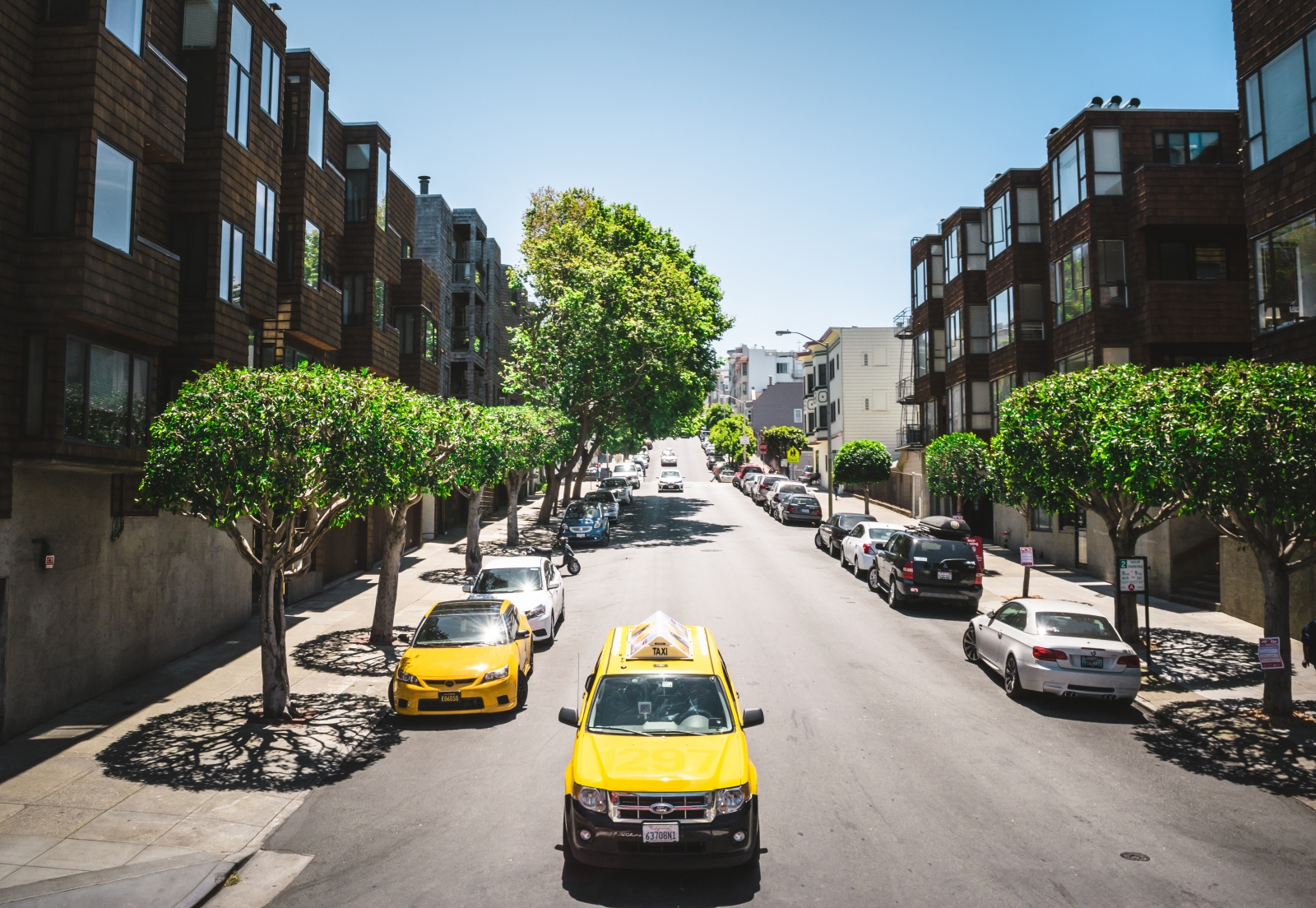Rundles Wrap Up: No parking. For shame
What is needed – and now – are more stringent rules that developments provide adequate off-street parking
Jeff Rundles //August 28, 2017//


Rundles Wrap Up: No parking. For shame
What is needed – and now – are more stringent rules that developments provide adequate off-street parking
Jeff Rundles //August 28, 2017//

My south Denver neighborhood, like many neighborhoods in and around Denver, is in the midst of profound change, with construction cranes and work crews everywhere. In some ways, this is wonderful news for Denver, what with the obvious increase in population and tax base to support the city and the schools, and as a platform for jobs in construction and the businesses developing to meet the needs of all these new residents. I've been here a long time, and I constantly marvel at the increasing vibrancy of Denver.
You can, however, get too m uch of a good thing, and Denver isn't on the verge of over-reaching – it's there.
What is surely going to consume all of this excitement and damage of our quality-of-life is parking, which has become disgraceful. And I put the blame squarely on the shoulders of the city council and the administration of Mayor Michael Hancock.
Why?
Well, as the old saying goes, follow the money.
The city's main line of reasoning is that without sufficient parking, all of these people populating the exploding apartment and commercial construction market will need to find alternatives to car transportation, instead embracing mass transit, bicycles or shoe leather as the city becomes more "walkable."
Sounds good, in some idyllic vision of a new modern urban environment. But they still have cars – cars that need to be somewhere, even while they are utilizing mass transit, bicycles or walking. Increasingly, parked cars now line the city streets of once bucolic Denver neighborhoods.
I suspect what the city is really after is the increased tax base, not to mention parking ticket revenue, and they are trying to sell the idyll and pass themselves off as magnanimous and visionary. Why else would they allow so much development without near-enough parking?
This placated developers who plead poverty in the face of having to provide adequate off-street parking for tenants and patrons at the expense of neighbors who can't even park in front of their own homes.
Oh sure, city council works on parking plans and requirements for new developments, but there are so many exemptions that it's a sham.
In my own neighborhood, there are two large apartment complexes going up, with some retail/restaurant square-footage included. Already, with just the construction crews parking, our streets are so lined with cars and trucks that you can't see to make a turn at my corner. Once all the residents and patrons arrive, this will only become worse, because it is axiomatic tht the parking provided under city codes will be woefully inadequate.
Just look around. Cherry Creek? Nobody goes there anymore because it's too crowded. The neighborhood east of Trader Joe's at Colorado Boulevard and 8th Avenue? A parking lot for blocks and blocks. Old South Gaylord? South Pearl Street? 44th and Tennyson? The Highlands? Capitol Hill? Uptown? The Golden Triangle? LoDo?
Good lucky finding a (legal) parking spot.
Neighbors, like me, are worried, angry and tired of getting the kiss-off from our council members. It's even happening in suburbs such as Greenwood Village, where the battle of proposed development – at a transit center (Orchard Road light rail) no less – threatens residents' vision of quality-of-life.
What is needed – and now – are new, more stringent rules that developments provide more adequate off-street parking for tenants and patrons at prices reasonable enough that they use it. If that slows development, so be it.
Cherry Creek, like it or not, needs a public parking garage a la downtown Boulder, so there might be a reasonable chance you could go there by car. Public transportation, in conjunction with local business, needs to fill gaps in shuttle service or offer vouchers for Uber or whatever.
All this density is, obviously a boon to developers and to city coffers. But in spite of the idyllic talk, the reality is that there are too many cars and no place to park them – except all over over peaceful neighborhoods.
Our city has let us down. For shame.

























